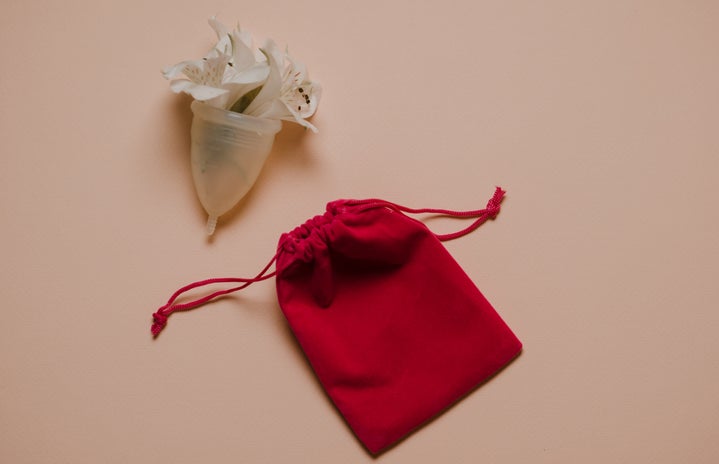If you are a person who menstruates, chances are you have felt the stigma surrounding periods. You have probably been asked “Is it that time of the month?” at least once. However, this stigma surrounding periods wasn’t always so prevalent. Several parts of the world saw menstruation as sacred and celebrated it. For example, in ancient Egypt, they would use menstrual blood as a beauty product and it was thought it could lift sagging breasts and skin. In the Western Hemisphere, we also saw periods to be sacred as Native Americans (especially the Cherokee) believed that menstrual blood was a source of great feminine strength and held significant power to protect themselves from their enemies.
There are also present-day examples of certain societies that understand menstruation to be healing and sacred. The Mbendjele tribe of Central Africa exhibits an appreciation for menstruation through phrases like “my biggest husband is the moon” to acknowledge the significance of menstruation and its life-giving importance in their society. Similarly, the Mbuti tribe in Zaire has a gigantic grass menstrual hut in their society where women go when they have their first period. This event is often accompanied by other girls and female relatives and has such a high level of importance because of their belief that periods are powerful.
It is evident that not everyone believed periods to be sacred, as early encyclopedias even deemed them to be disgusting. The first Latin encyclopedia written by a Roman philosopher (Pliny) in 73 AD states “contact with [menstrual blood] turns new wine sour” and “to taste it drives dogs mad and infects their bites with incurable poison.” As outrageous as this seems, it is not a unique outlandish claim. In ancient Europe, menstrual blood was seen as a contaminant, and if you drank it, it would cause leprosy. A widespread superstition spread that menstruating women were so toxic that the food they handled would rot. At the time, this superstition was even backed by the medical and scientific community. More specifically, in 19th century England, the British Medical Journal argued that menstruating women should not handle meat or dairy because they could cause it to rot.
Along with handling food, people also believed women should not vote. Historically, menstruation was used as a reason why women couldn’t vote. Their period was believed to interrupt women’s thoughts and applications, making them irrational. However, this statement is still present today as several women running for U.S. political positions are questioned about their irrationality and whether they would bomb certain countries during their period. Furthermore, the same reasoning was used to explain why a woman couldn’t vote.
In the late 19th century and early 20th century, men pushed the idea that going to college was too much work for a woman and would risk making them infertile. Their reasoning given was that when women were menstruating, too much blood would be taken from their brains. As expected, women fought back against these claims, specifically Dr. Mary Punam Jacoby. Jacoby collected extensive physiological data including muscle and strength tests on women throughout their menstrual cycle. Her published findings completely debunked the misogynistic pseudoscience men were pushing at the time, however, this did not stop the stigma surrounding periods.
With all of this background on the history of social attitudes toward periods, it is not hard to see why women are embarrassed and uncomfortable talking about their period, even in 2022. Throughout history, men have viewed menstruation with disgust and have extended that feeling to women and use it as a reason as to why men and women are not equal. This stigma also affects women physically. The ideology that periods are embarrassing and should be kept a secret is harmful because it keeps women from talking about their periods.
This lack of conversation can lead to medical issues, specifically endometriosis, a chronic disease in which the tissue that normally lines the uterus grows outside the uterus. Not only is this disease harmful, but it takes an average of eight years to diagnose because both the patient and her doctor may not know that her symptoms are outside the norm.
Regardless of what anyone might say, menstruation is an astonishing body process that is worth talking about. Let’s work towards a future where every woman feels comfortable talking about their period, for the sake of their health, eliminating this stigma for future generations of people with uteruses.
Want to see more HCFSU? Be sure to like us on Facebook and follow us on Instagram, Twitter, TikTok, YouTube and Pinterest!



